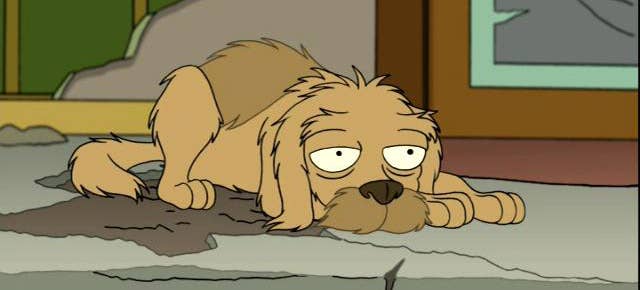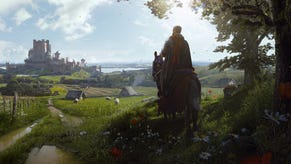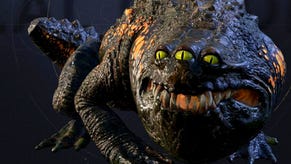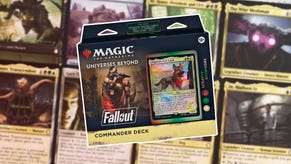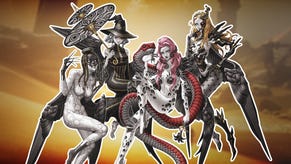Futurama, a Reminder That Comedy is Hard to Translate into Game Form
On this day in video game history: We shut up and they took our money.
This article first appeared on USgamer, a partner publication of VG247. Some content, such as this article, has been migrated to VG247 for posterity after USgamer's closure - but it has not been edited or further vetted by the VG247 team.
As our resident self-described comedy snob Bob has lamented time and again, "funny" is hard... and "funny" in video games approaches cryptid levels of scarcity. Playing a funny game is like sighting the Loch Ness Monster: A magical, once-in-a-lifetime experience that's going to make everyone else call you a liar.
Still, I had high hopes for the PlayStation 2 version of Futurama, developed by Unique Developments and published by Vivendi 12 years ago today. I came to the game about a year late, after several friends (and game publications) had raved about how faithful to the show it was, and how hilarious and spot-on the writing turned out to be. After the shockingly good Simpson's Hit & Run, which somehow turned that aging television show into a whimsical GTA clone, I was willing to believe it. Anything seemed possible in the amazing new world of PlayStation 2.
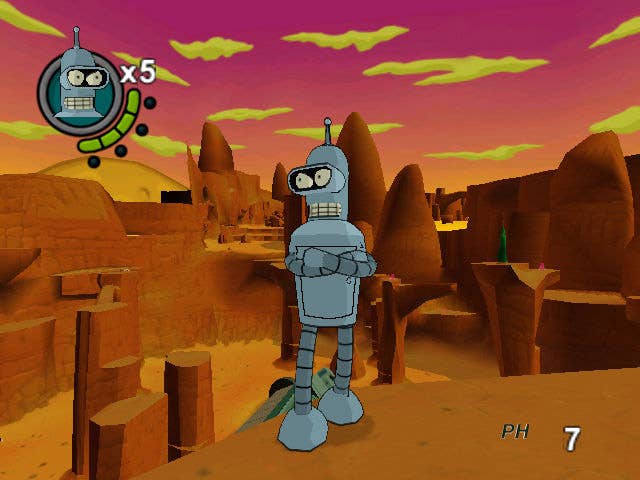
In practice, though, Futurama turned out to be less than had been promised. As a game, it played out nothing more or less than your typical licensed title of the era, filled with clumsy platforming, desultory brawling, and joyless shooting. Oh yes, and hidden collectibles to be gathered. All of these bog-standard video game things had a pleasant Futurama skin stretched over them, but Billy West voice clips alone cannot redeem a decidedly mediocre licensed action game. I'd played worse, to be sure — at that point I was the low rung on Electronic Gaming Monthly's ladder of freelance review contributors, so all the garbage trickled down to me — but Futurama was not the sort of game I would normally seek out on its own merits.
What really killed me, though, was just how close the game came to nailing the vibe and comedy of the TV show, while just barely missing. The script was written by series regular J. Stewart Burns, and it would have been a solid B-tier episode in cartoon form. But the Futurama parts and the game parts separated like oil and water: The moments that worked like the television show were the scripted, non-interactive cutscenes; meanwhile, the quips and one-liners throughout the action sequences felt superfluous at best, annoying at worst. Futurama was only really good when it was being an episode of the TV series in disguise... which left players wondering why they shouldn't just watch the show and skip the mundane video game bits.
The reality of the situation boiled down to the fact that what made Futurama work as a comedy in its prime simply can't translate to video games, at least not in the traditional action game sense. The Futurama writers and editors excelled at rapid-fire jokes, often quite subtle or understated, giving you just barely enough time to process one gag before hitting you with the next. 3D action games demand a much slower pace as players orient themselves, maneuver through complex environments, and frequently fail and try again at various tasks. A funny background gag from the show, such as "Madison Cube Garden" or a billboard for "St. Pauli Exclusion Principle Girl Beer," works in part because it's only on-screen long enough for you to read and absorb the joke. In a game like this, it sits there dully until you clear the current area and move along to the next. It's less "Ha ha!" and more "Oh... ha, ha."
Futurama may not have been a great game, but I suppose it deserves credit for at least trying — so many licensed titles through the years never even made an effort. And ultimately, the game got the last laugh: Its cutscenes were spliced together as "the 73th episode of Futurama" as a bonus feature for the direct-to-DVD movie The Beast With a Billion Backs, where it turned out to be considerably more watchable and entertaining than the dire, hackneyed main feature.
